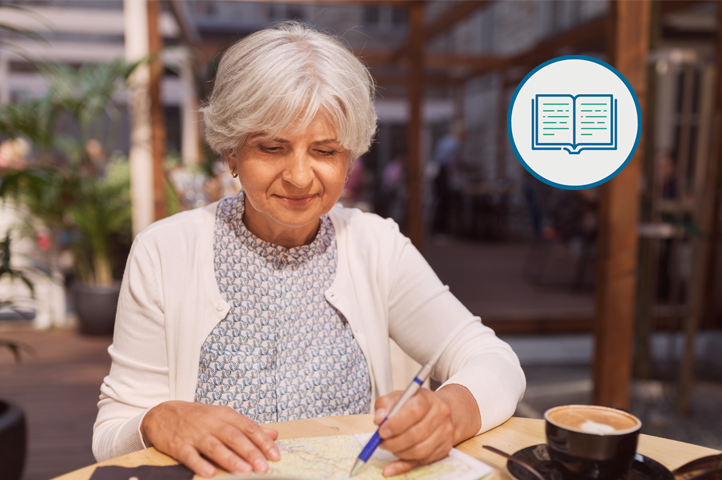
This blog post is part of a series of patient stories taken from interviews conducted with volunteers who had responded to the All.Can patient survey. Some information has been changed to protect anonymity.
Ursula* (Belgium)
I have a family history of breast cancer, and my tumour was discovered during a routine annual mammogram. The radiologist immediately decided to do a breast biopsy; she told me that there was a lot of evidence of a carcinogenic tumour and so I understood that it was serious. As there were signs and antecedents, I knew that I had cancer even though it was unconfirmed. I had to go back to work right after the appointment and it was very hard, but I still preferred to have been warned, to be able to act quickly.
‘It was all I could think about’
I was taken care of very quickly. It took 10 days to get my final results, but even that seemed long at the time because it was all I could think about. It’s very scary to wait, to not know.
Following diagnosis, the surgeon explained what was going to happen at the level of the lumpectomy. I said that I wanted to do it as soon as possible. The surgeon was supportive before and after the operation. I trusted his opinion and he took into account all my worries.
There was very good communication for the appointments: phone calls, SMS and sometimes confirmation by mail. My nurse was always available to answer my questions, and everything was well organised. I was very well informed. I prefer to receive too much information, even to have a shock, rather than not knowing everything about what to expect.
‘I wanted understanding and support’
I saw a psychotherapist only once because the contact did not satisfy me – the approach was too focused on solutions, while I wanted understanding and support. I was put in contact with volunteers who proposed various activities: gym, beauty, cooking. I benefited a lot from it; it allowed me to recover from the shock of the disease, to find a support group. I found out about it through leaflets on a counter in the hospital. I would have liked to hear about it from my oncologist.
Emotional support should be present at all stages, in different forms and intensities for each stage – particularly for the initial announcement, because it’s the most difficult time. But also, after treatment, we still need to talk about long-term effects with someone.
I didn’t like being told that my life was going to be the same as it was before my cancer. I wanted to know what to expect, especially the level of fatigue and the impact of returning to full-time work. I felt I had to fend for myself, for example when researching the side effects of the treatments, because I wanted to know the truth instead of being falsely reassured.
This comment about ‘getting back to daily life’ has been said to me many times and it has affected me a lot. It’s very contradictory when we know that there are long-term effects of the disease. I understand that people wanted to reassure me, but it was wrong; life is not the same after cancer.
* Names and some other identifying elements have been changed to protect patients’ anonymity.